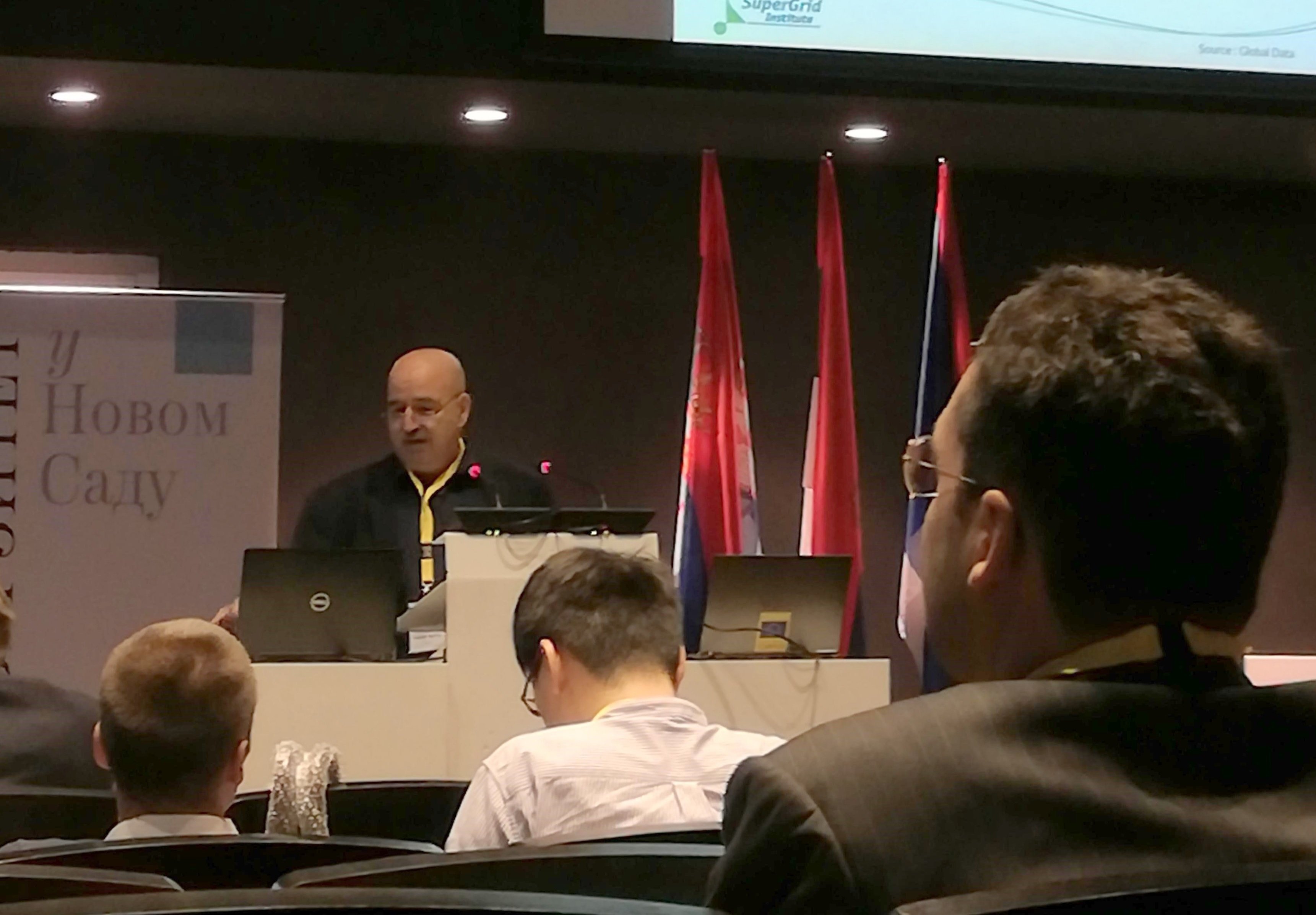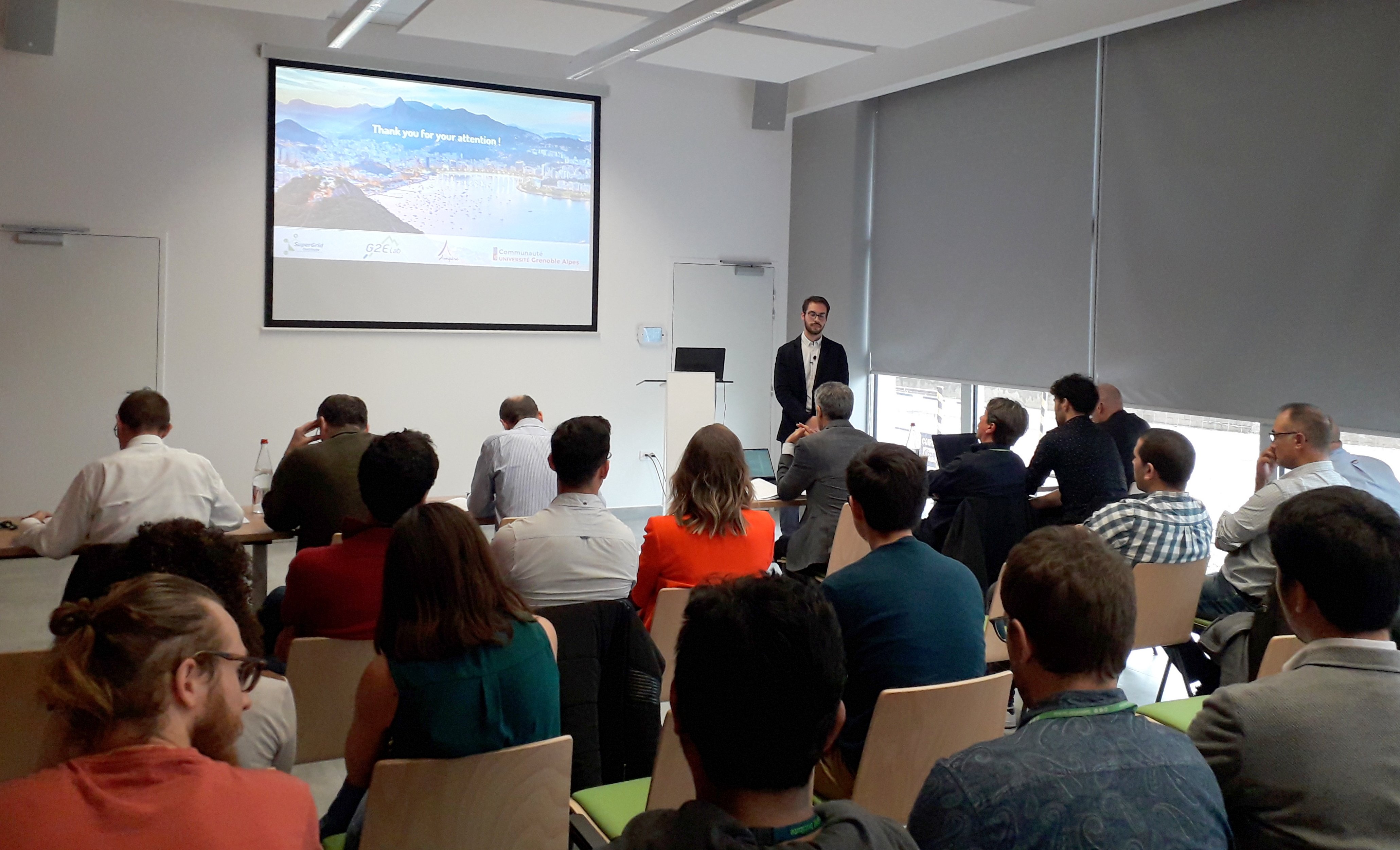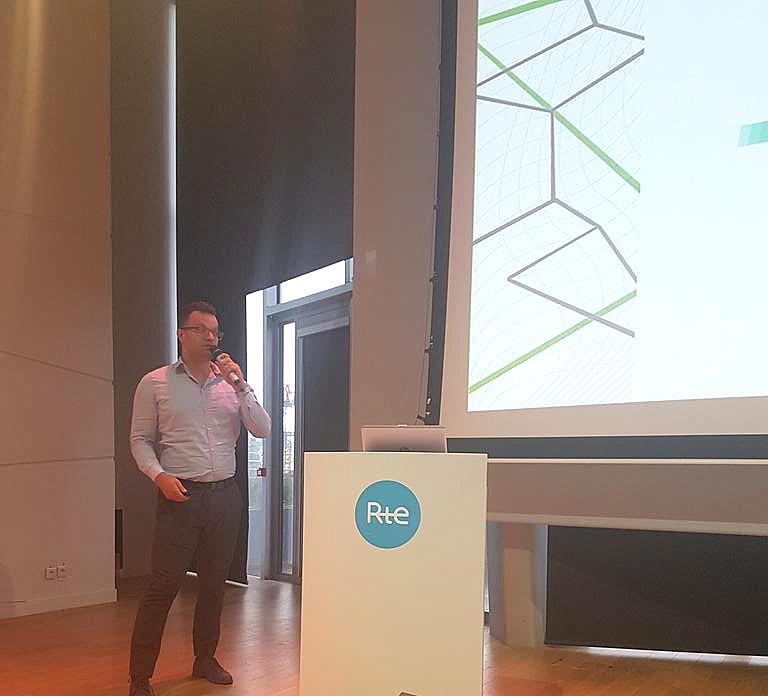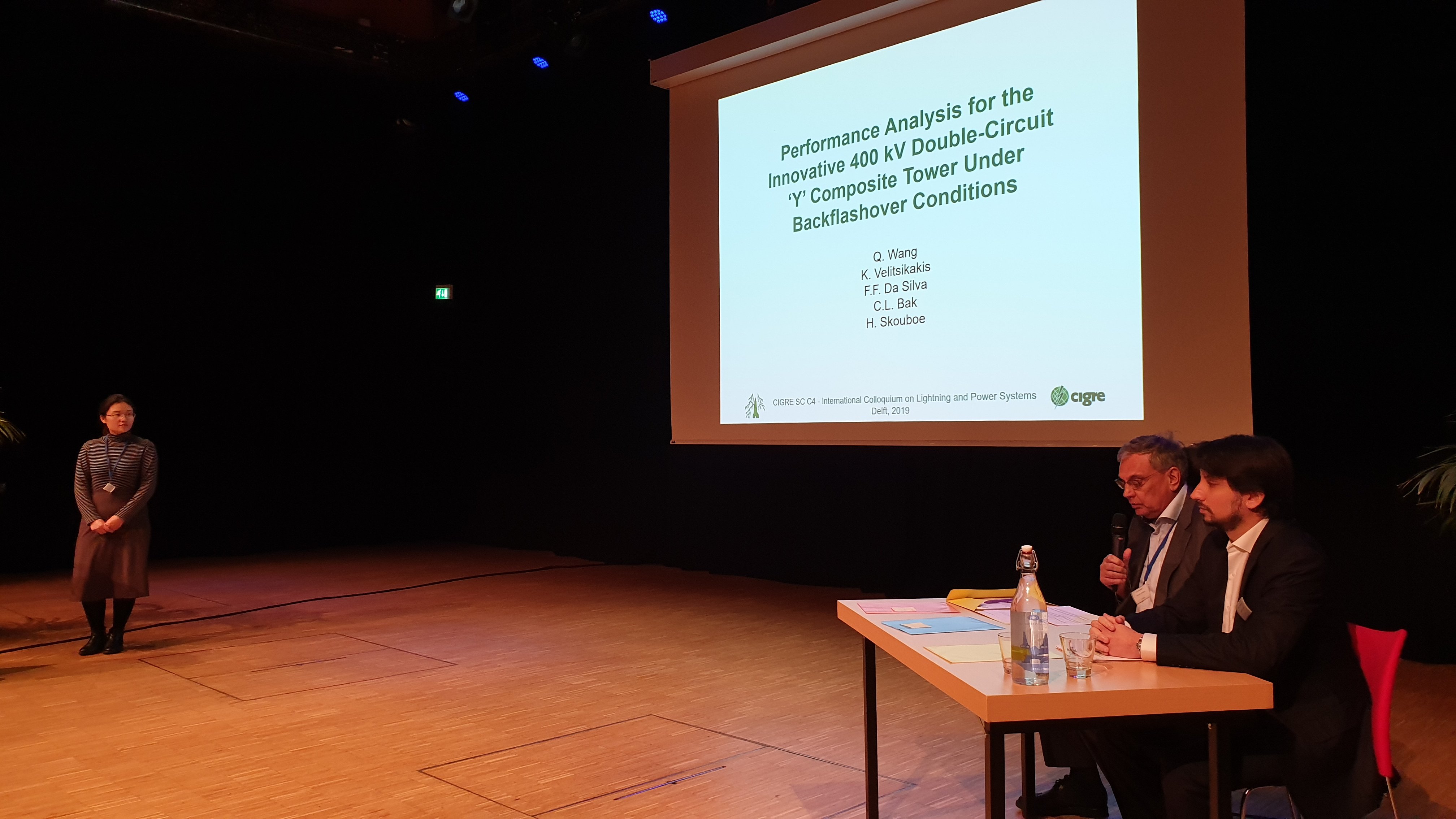Françoise Lamnabhi-Lagarrigue has been awarded the Irène Joliot-Curie 2019 Prize in the Female Scientist of the Year category
Françoise Lamnabhi-Lagarrigue has been awarded the Irène Joliot-Curie 2019 Prize in the Female Scientist of the Year category. Congratulations to Françoise for this acclaimed recognition of her work!








